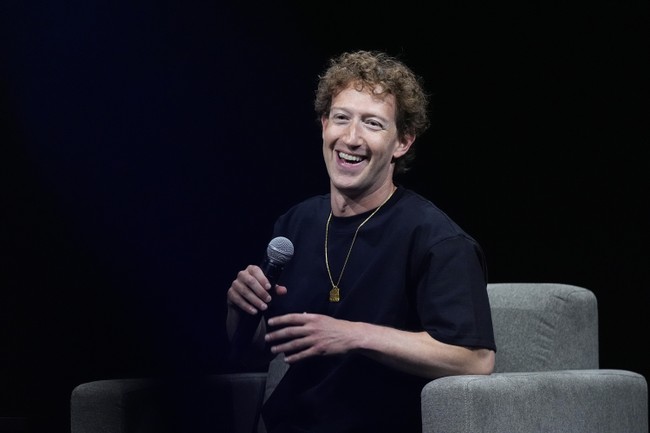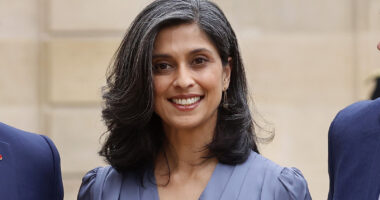
Just how widespread is antisemitism at Meta, the parent company of Facebook, Instagram, Threads, and WhatsApp? That’s more than simply a rhetorical question at this point. Meta had previously responded to complaints of pro-Hamas content on its platforms by determining that “From the River to the Sea” did not qualify as hate speech and that such content could remain online. But as the NY Post reported yesterday, this wasn’t the first time the company has espoused such views. Members of the company’s oversight board have been critical of Israel’s response to the October 7 terror attacks in the past. Their reason for allowing such language is not only confounding but borders on the nonsensical.
Several members of Meta’s Oversight Board – which faced intense criticism after it determined the anti-Israel phrase “from the river to the sea” doesn’t constitute hate speech – have espoused views critical of Israel’s actions in Gaza.
The advisory board, which claims to be independent from Meta, determined that Facebook and Instagram users can use the controversial slogan – which has sprung up at anti-Israeli protests around the country – as long as it is not used in a way that glorifies Hamas or calls for violence.
Founded in 2020 with approval from Meta boss Mark Zuckerberg, the Oversight Board currently consists of 21 members who “come from a variety of cultural and professional backgrounds, speak more than 30 languages and are chosen to be reflective of the diverse users of Facebook, Instagram and Threads,” according to its website.
So the oversight board believes that the phrase “from the river to the sea” is acceptable provided it’s not used in a context that “glorifies Hamas or calls for violence.” Would anyone care to explain how a call to eliminate Jews from all of the lands from the Jordan River to the Mediterranean – essentially all of Israel, including the Gaza Strip and the West Bank – is not a call for violence? Do the people at Meta somehow believe that this is a demand for free U-Haul trailers for all of the Jews?
The previous comments from members of the oversight board are equally disturbing. One member named Tawakkol Karman, a Yemeni activist went to the Vatican in May and decried the “genocide” of the Palestinian people in Gaza, complaining that “the world is silent” in the face of ethnic cleansing in Gaza. She had little to nothing to say about the terror attacks that started the war in the first place.
Another board member is Alan Rusbridger, former editor of The Guardian. He penned a column earlier this year in which he stated that the horrors of October 7 “certainly did not happen in a vacuum.” That is little more than a slightly more polite way of saying that the Jews of Isreal had it coming to them. He further claimed that Israel’s long-term plans for Gaza demonstrate that they are not interested in seeing Palestinians have an independent state of their own alongside Israel. He seems to be ignoring the reality that Hamas has no interest in a two-state solution. They want a one-state solution which required the removal of Israel from the picture “from the river to the sea.”
I don’t point out these obvious examples of prominent Big Tech voices taking the side of Hamas over Israel as part of a call to silence political speech. Free speech comes at a cost and it necessitates the airing of opinions that are sometimes not only distasteful but hateful. But calls promoting violence against people, particularly based on their religion, race, gender, sexual orientation, or otherwise do not fall under that umbrella. Where we draw that line remains a complex question, but pointing out the people who bump up against that line at least allows us to know what we’re up against and be mindful of how heavily they allow their views to impact corporate policy.







